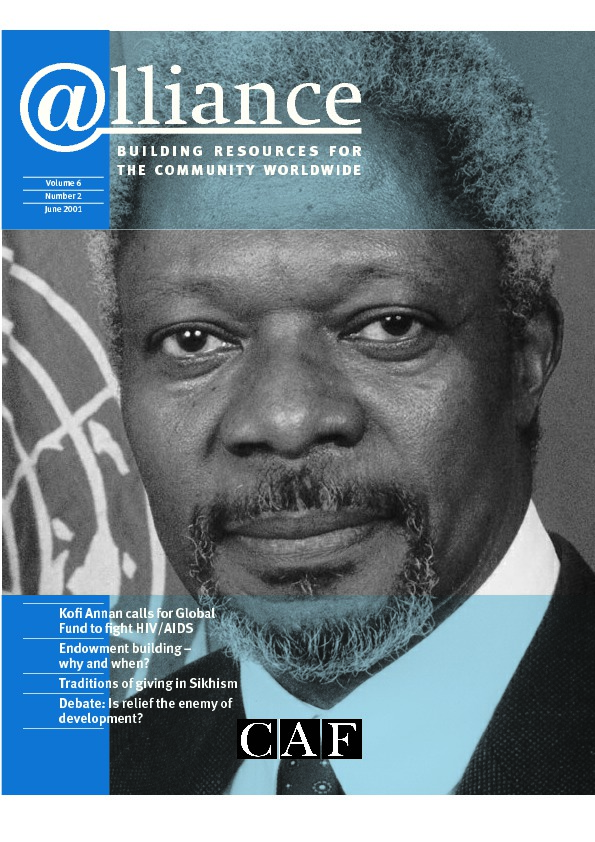One hundred and fifty years ago, Marx and Engels produced their Communist Manifesto, a document that shaped history, though not in the way the authors would have liked. Now, we have a Community Manifesto, a document with a virtually identical vision – namely to create an equal society where people cooperate with each other free from domination from the state.
The historical contexts are, of course, quite different. The capitalism of the 19th century is quite different from that of the 21st. The future will be unrecognizable too.
So how do we get the future that we want? Chris Wright splits the answer into three main parts. The first concentrates on the complex problems we face now; the second on why we need to shift; and the third on what is to be done.
The first two parts argue for a move away from the ‘masculine’ way of organizing through order, hierarchy, competition, objectivity and compartmentalization to ‘feminine’ ways of going with the flow, reciprocity, cooperation, subjectivity and inclusivity.
Nothing particularly new in this, but there are refreshing insights and some nuggets of gold. I quarrel with the somewhat stereotypic view of ‘science’, but this is a quibble. In the face of the breathtaking sweep of the arguments, I really looked forward to the manifesto in the third part.
This consisted of a ‘magic bullet’ – local exchange trading. This is people organizing locally to do jobs for one another without payment – a bartering of skills. It’s a good idea, but hardly the answer to the complex problems Wright describes earlier. Furthermore, there is no analysis of how such schemes are going to be put in place, aside from ‘personal responsibility’ and ‘bottom-up approaches’. Such a view of organizing is based on wishful thinking, and ‘bottom-up’ approaches can’t be relied on to deliver anything. My experience is that you can watch wood in a desert for a very long time before it combusts spontaneously. The author might have delivered more concrete proposals by drawing on the considerable literature on community development.
The book ultimately disappoints because it sets a multiple agenda and provides a univariate and therefore necessarily partial answer.
Barry Knight is Secretary to CENTRIS, UK. He can be contacted at Centris_org@mac.com
A Community Manifesto
Chris Wright Earthscan £12.50
To order, contact Earthscan.
Tel +44 1903 828 800
Fax +44 20 7837 6348
Email orders@lbsltd.co.uk
Website http://www.earthscan.co.uk





Comments (0)